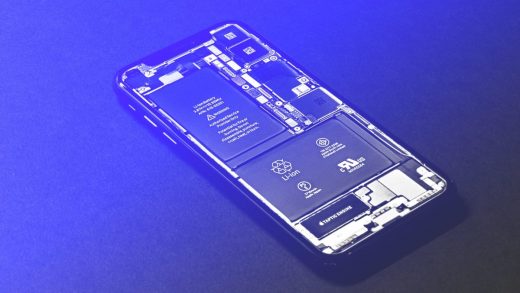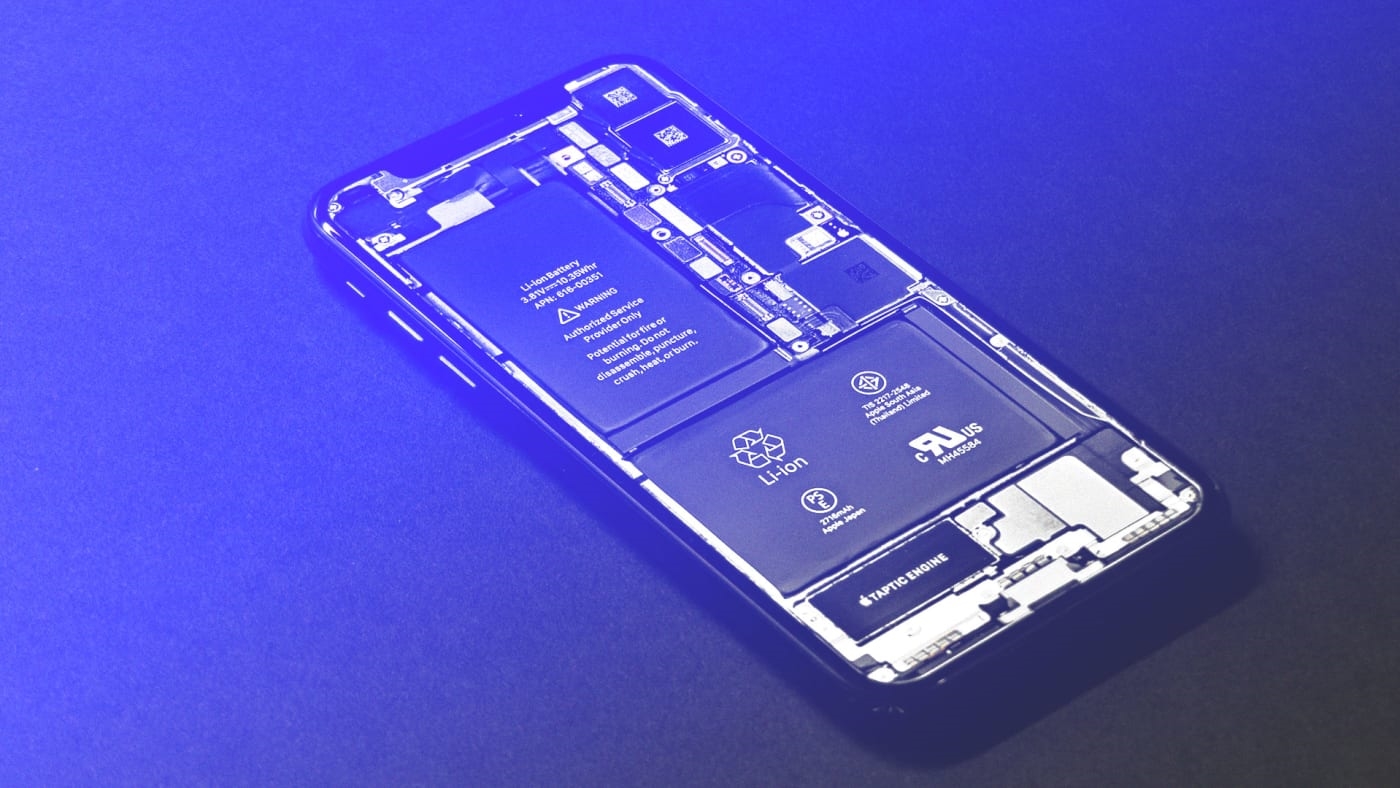Intel To Supply 70% of iPhone Modems This Year, 100% in 2019
Apple is expecting Intel to supply 70% of the modem chips inside the new iPhone models, which will debut this fall, and–if all goes well–plans to rely on the company for 100% of the modems in next year’s iPhones, a source with knowledge of Apple’s plans says.
The chip giant got its foot in the door with Apple when it provided some of the modems in Apple’s iPhone 7 line. Until then, Qualcomm had provided all the modems in Apple’s phones since 2011. However, Apple’s relationship with Qualcomm has become increasingly contentious during the past two years amid a legal dispute over the patent licensing fees paid to Qualcomm by Apple suppliers. And the iPhone maker seems poised to get Qualcomm modems out of its phones completely.
Intel had hoped to provide an even higher percentage of the modems in this fall’s new iPhones, and some reports speculated it would get all of the business. But 2018 is the first year Intel will be fabricating its own modem chips using its 14 nanometer process.
Given that technological transition, Apple is apparently waiting to see how well Intel fulfills this year’s order. If Intel underdelivers, Qualcomm will make up the balance on top of the 30% it’s already planning to provide. There’s also a chance that if Intel can produce enough chips on time and on budget it could get more than the planned 70%, our source says.
As of now, our source says, the modem-chip yield rates are not what Intel expected. Only just more than half of the chips being produced are keepers. The Intel engineers are confident they can work the bugs out and push up the yield rates before production ramps into high gear in June and July.
Until this year, TSMC had fabricated Intel’s modem chips (using its 28 nanometer process). Intel originally acquired its modem-chip business when it bought Infineon in 2010. TSMC had been Infineon’s fabricator, and Intel kept the arrangement going after it acquired the modem.
Until that acquisition, Infineon had provided the modems in iPhones dating back to the very first one in 2007. But Apple dropped the modem from its phones when Intel acquired it. Later, in 2014 or 2015, Apple and Intel engineers began working together again, and soon Intel had thousands of employees working hard to get the company’s modem back into the iPhone. This occured with the iPhone 7 line in September 2016, and Intel has won more of the modem business with Apple–at the expense of Qualcomm–in each phone cycle since then.
In the past Apple had used Intel modems in phones for AT&T’s and T-Mobile’s 3G GSM networks, and Qualcomm modems for Verizon and Sprint’s CDMA networks. But Intel’s 7560 modem supports both CDMA and GSM. And 3G networks are on the way out anyway, as carriers convert their networks to full LTE. Verizon no longer requires CDMA support, but Sprint, U.S. Cellular, KDDI in Japan, China Telecom, and a few small operators still do.
And the next generation of wireless, 5G, is on the way. As we reported earlier, Intel is expected to provide all of the modems in future iPhones based on 5G technology–due in the fall of 2019 at the earliest–at the exclusion of Qualcomm.
For Intel, the Apple modem business is valuable because the volumes are very high. Intel has a keen interest in keeping its fab (which probably cost in the neighborhood of $20 billion) as busy as possible.
We reached out to Apple, Intel, and Qualcomm late Wednesday afternoon for comment, but so far none have responded. We will update the story with statements as they come in.
Update: Qualcomm apparently has removed any projection of future Apple revenues from its Q1 earnings report. This is not intended to mean Qualcomm will do no business with Apple in the coming quarters. It is a suggestion that analysts not include revenue from Apple in their models.
(39)



